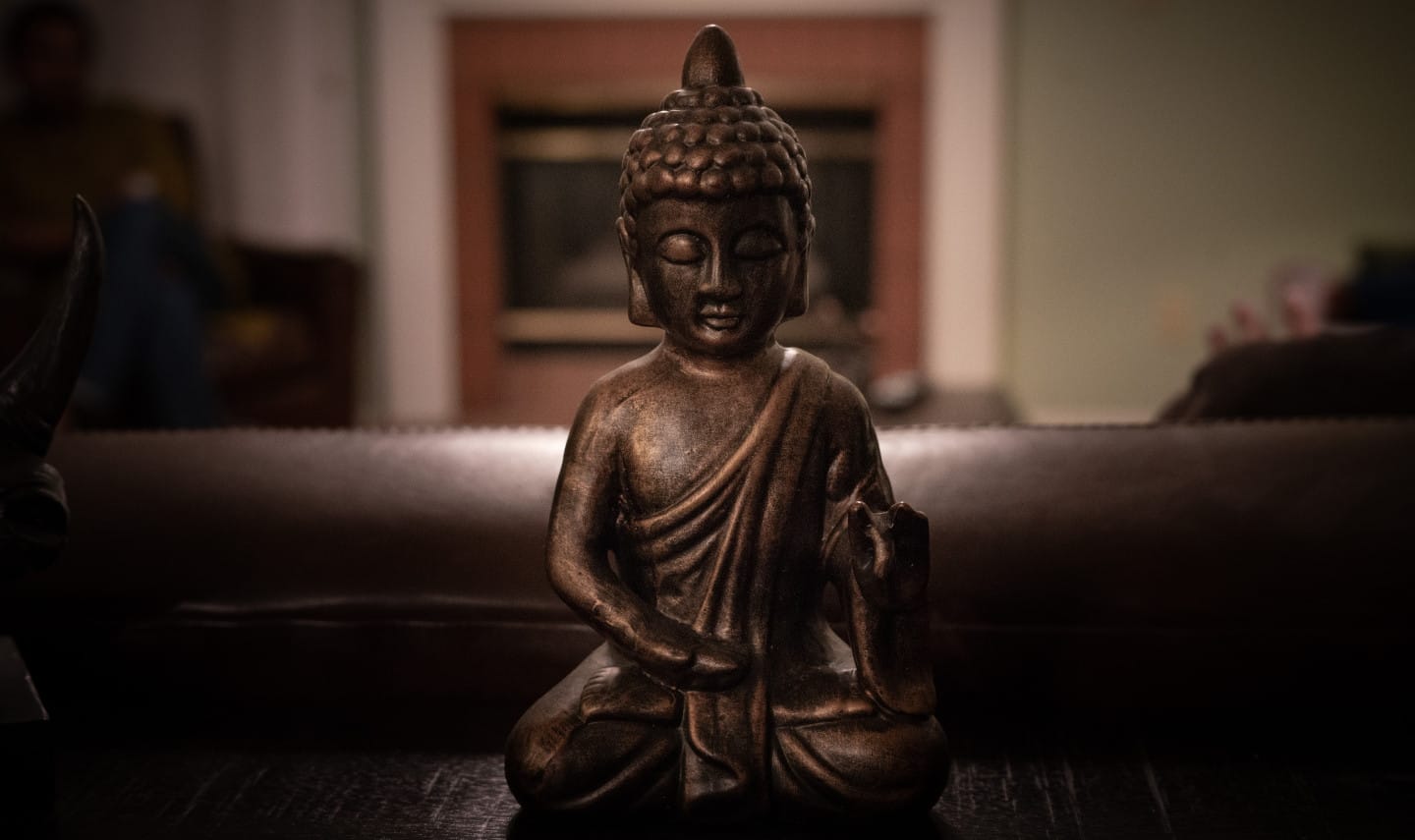by Roger C.
There would appear to be much in common between Buddhist thought and the 12 Step recovery program practised in AA and other fellowships.
A number of books have made the connection between them.
Three of the more popular ones include Kevin Griffin’s work, One Breath at a Time: Buddhism and the 12 Steps, published in 2004. That was followed in 2009 by Darren Littlejohn’s well-known work, The 12-Step Buddhist.
And a third is Thérèse Jacobs-Stewart’s book, Mindfulness and the 12 Steps, published in 2010.
Buddhist thought holds that craving leads to suffering (the second noble truth). Twenty-five hundred years ago the Buddha taught that snippets of addiction – constantly wanting, ever craving this or that – are the source of all human suffering.
He also taught that this craving could be reduced and eventually eliminated.
This is where Buddhist mindfulness enters the picture. It can be defined as self-awareness brought about by the practice of meditation.
Meditation leads incrementally towards an “awakening:” an understanding of human interaction in the world that is both craving and delusion-free.
We have the choice to live an awakened life … This is a choice to be mindful, see our patterns, and recognize the delusions that lead us to act the way we do. In Twelve Step terms, it is the practice of taking inventory, searching out what’s driving our actions and reactions, and taking responsibility for it.
~Mindfulness and the 12 Steps, p. 52
It is certainly worth noting that the the “mindfulness” of Buddhism as a way of dealing with addictive behaviour is ever more prevalent in the rooms of AA.
Some time ago Julie B. celebrated a year of sobriety at the We Agnostics meeting on St. Clair Avenue in Toronto. She chose to have one word, an acronym, on her one-year medallion: S.O.B.E.R.
When we have a troubling thought, or a desire to drink, the Buddhist approach is laid out this way:
- Stop – Pause for a moment and consider what you are doing;
- Observe – Think about what you are sensing, feeling and experiencing, and what events led to the situation;
- Breathe – Pause for a few deep breaths in order to assess your situation in as calm a manner as possible;
- Expand – Expand your awareness and remind yourself of what will happen if you keep repeating the unwanted behavior (and how you will feel afterward);
- Respond mindfully – Remember that you have a choice, that you are not required to continue the undesired behaviour.
As Jacobs-Stewart puts it, “If we are mindful, we can slow down the reactionary chain of thoughts, feelings, and subsequent actions. We can see the whole cycle.” (p. 81)
This mindfulness approach to dealing with the affliction of alcoholism has grown exponentially over the past few decades. Indeed, it is doing so with or without Buddhism.
In 1990, Jon Kabat-Zin published a ground-breaking book, Full Catastrophe Living, which launched the use of mindfulness meditation as a “stress reduction program.” Called Mindfulness Based Stress Reduction (MBSR), these programs are readily available in most cities from a number of hospitals and doctors and are used to deal with a wide variety of afflictions, including alcoholism.
In fact, the S.O.B.E.R. inscription on Julie’s one-year medallion had its inspiration in an eight-week program based on the Kabat-Zin MBSR model that she had taken in early sobriety at the Centre for Addiction and Mental Health (CAMH).
It is perhaps also worth mentioning that, like AA, the Buddhist approach places a great deal of emphasis on community or “fellowship” as an important part of maintaining sobriety. Buddhism teaches that all beings are interdependent and thus has a profound understanding of the importance of the principle of “one alcoholic helping another alcoholic” as an important part of recovery.
Many looking for meditation and mindfulness to deal with the affliction of alcoholism turn to the Buddhist Recovery Network, which has been online since 2009. The website “supports the use of Buddhist teachings, traditions and practices to help people recover from the suffering caused by addictive behaviors.” The Buddhist Recovery Network specifically “promotes mindfulness and meditation” as a way of dealing with alcoholism and addiction. On its Resources pages it lists a total of 16 published books that take a Buddhist approach to working the 12 Steps. It also has a listing of Buddhist recovery meetings that use meditation and the 12 Steps to help with recovery from alcoholism and addiction.
A Buddhist approach to the 12 Steps as described now in so many wonderful books can be an important part of achieving what Bill Wilson described as the “personality change sufficient to bring about recovery from alcoholism” in the Big Book, Alcoholics Anonymous.
Buddhism and the 12 Steps. Do they fit together?
They sure do, for an increasing number of people.

